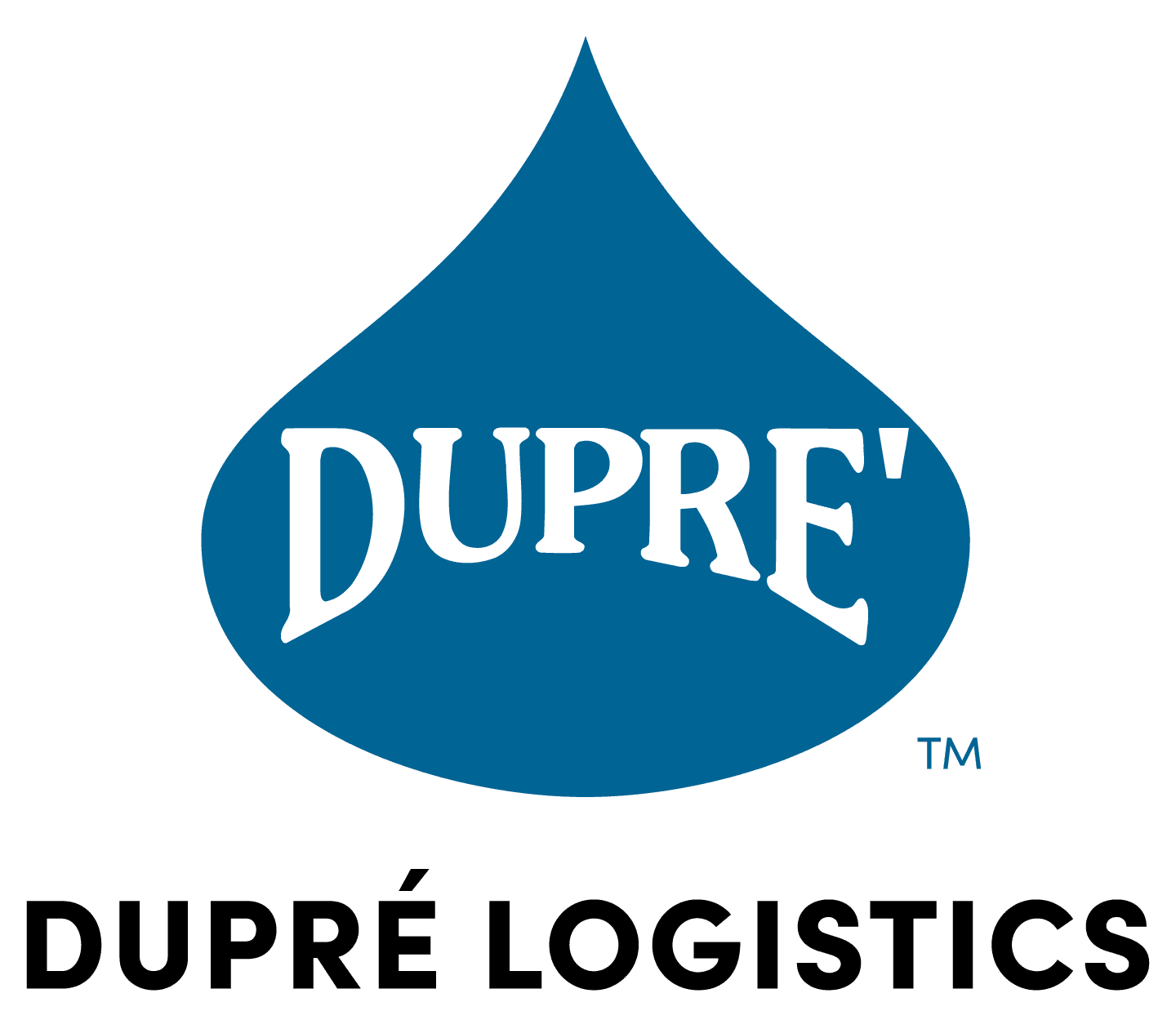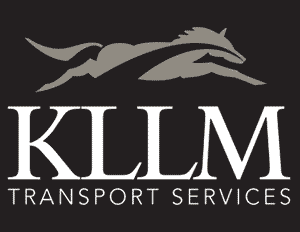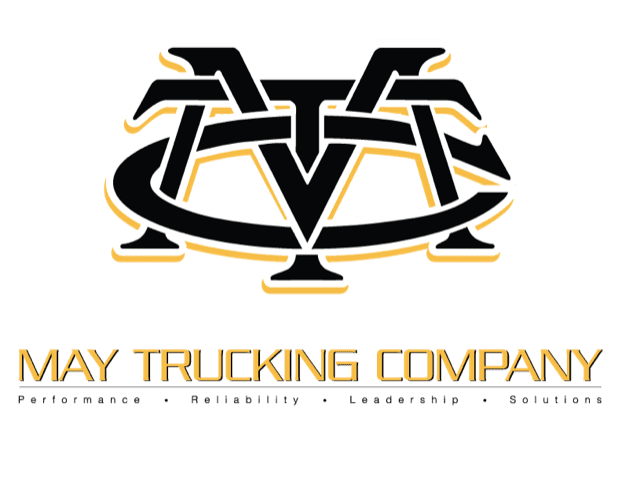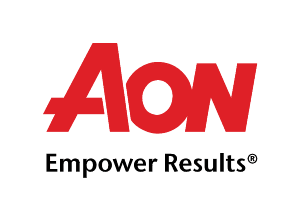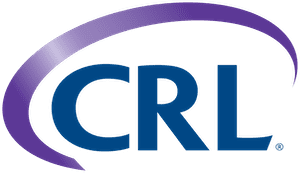Improving Commercial Truck Safety
The Alliance for Driver Safety & Security (also known as the Trucking Alliance) is a nonpartisan coalition of freight and logistics companies, dedicated to improving the safety and security of their commercial truck drivers and motorists.
Higher safety thresholds and new technologies can reduce the risk of large truck crash fatalities. That’s why Trucking Alliance companies adopt operating practices that exceed the minimum federal regulations required of motor carriers.
The Trucking Alliance serves as an informational resource to members of Congress, federal agencies, safety groups, and other transportation stakeholders, to encourage safety reforms that are most effective in reducing large truck crashes.
Core Safety Reforms:
Support the Development of Advanced Vehicle Technologies That Enable Commercial Drivers to Utilize Highly Automated Driving Systems: Commercial truck drivers are integral to supply chain accountability, as well as managing unforeseen weather events, highway emergencies, detours, vehicle conditions, computer software programs, cybersecurity disruptions, cargo security, and in providing efficient customer services. Automated trucking technologies can help drivers to achieve these safety performance levels, that rival the commercial airline industry. Drivers should have the power and authority to override a truck’s automated systems, as road, traffic or safety conditions warrant.
Electronic Logging Devices (ELDs) Should Be Required in All Commercial Trucks: An ELD is a recording device, engaged to a truck’s engine, that enables law enforcement to easily verify if a commercial truck driver has exceeded his on-duty hours. But currently, ELDs are not required in all of the industry’s commercial trucks. If the driver must record his/her hours on duty, an ELD should be installed to verify the person’s compliance. This requirement should be regardless of the commodity being transported, the length of haul, or whether the truck driver is engaged in intrastate or interstate commerce. (2012 – Congress passed law to require ELDs in all interstate trucks; became operational in 2020)
Support Advanced Truck Safety Technologies (AST’s): AST’s help truck drivers avoid large truck crashes that can save lives. AST’s include automatic emergency braking systems, adaptive cruise control, in-cab lane departure warnings, externally mounted cameras, and roll stability controls. These technologies should be standard equipment on all new highway Class 7 and 8 trucks. (2021 – Congress passed law to require automatic emergency braking systems; rule pending)
Utilize Truck Speed Limiters: Truck speed limiters set the maximum speed a large truck may travel. The Federal Motor Carrier Safety Administration (FMCSA) should adopt a safety standard that requires all large trucks to not exceed a reasonable maximum speed. Intelligent Speed Assistance, an emerging technology that enables a driver to briefly override the speed limiter in order to more quickly pass another vehicle, should also be considered. (2022 – FMCSA proposes regulation to require speed limiters in all large commercial trucks; rule pending)
Recognize Hair Testing, in Lieu of a Urine Test, for Truck Drivers: Truck drivers that operate tractor trailers and use illegal drugs are a lethal combination on our nation’s highways. The Department of Transportation (DOT) requires truck drivers to pass a urine drug test before being hired. However, a urine test fails to identify 9 out of 10 drug users. A hair test is a more effective method to identify these drug users. FMCSA should allow an employer to submit a truck driver’s positive hair test result to the Drug and Alcohol Clearinghouse, so that other employers can know if a truck driver applicant has previously failed a drug test. (2015 – Congress directed DOT to recognize hair drug testing, in lieu of a urinalysis; regulation is pending)
Require That Motor Carriers Are Financially Responsible: In 1981, Congress required motor carriers that cause an accident to have sufficient net worth, or insurance, to offset the medical expenses incurred by the accident’s victim(s). The dollar amount was set at $750,000. Yet, 40 years later, this insurance amount remains unchanged. Congress should increase this amount, to make sure motor carriers are financially able to operate safely and can offset current medical costs incurred by accident victims. (FMCSA has proposed that this regulation be on ‘active status)
Regulate Claims Against Interstate Motor Carriers: Congress should require that claims filed against motor carriers operating in interstate commerce are filed in federal court. Further, Congress should establish a uniform national limit on non-economic damages that can be awarded against carriers, to ensure that interstate commerce is not impeded.
Maintain Driver Hiring and Continued Training Programs: Motor carriers should utilize extensive entry level driver training programs, including Registered Apprenticeships. Continued training should include forward facing camera technologies that can help improve driver skills and proficiencies. (2022 – Trucking Alliance carriers propose to offer Registered Apprenticeship Truck Driver Program at more than 230 training centers across US)
Expand the Drug and Alcohol Clearinghouse: The Drug and Alcohol Clearinghouse enables employers to know if a prospective truck driver job applicant has previously failed a drug test. These drug test failures should include all commercial truck drivers, such as those who operate delivery trucks, box trucks, and other similar commercial vehicles. Hair drug test results should also be submitted to the Drug and Alcohol Clearinghouse. (2022 – Petition filed with FMCSA)
Board of Directors
The Trucking Alliance Board of Directors sets all policy and objectives. Two Alliance Advisory Groups analyze proposed regulations, legislation and policy objectives. The Alliance outsources media relations and advocacy to implement its objectives.
Officers
Steve Williams – President
Chairman and CEO
Maverick USA
Little Rock, Arkansas
Kevin Knight – Vice President
Executive Chairman of Knight-Swift Transportation Holdings, Inc.
Knight Transportation
Phoenix, Arizona
Reggie Dupré – Secretary/Treasurer
President and CEO
Dupré Logistics, LLC
Lafayette, Louisiana
Directors
David Daniels
President
May Trucking Company
Salem, Oregon
John Pope
Chairman of the Board
Cargo Transporters, Inc.
Claremont, North Carolina
Jim Richards
President and CEO
KLLM Transport Services
Jackson, Mississippi
Mark Rourke
President and CEO
Schneider
Green Bay, Wisconsin
Nick Hobbs
Executive Vice President & Chief Operating Officer
J.B. Hunt Transport
Lowell, Arkansas
Rob Penner
President/CEO
Bison Transport
Winnipeg, Manitoba
Carriers Advisory Group
The Carriers Advisory Group serves as an informational resource to the Alliance Board of Directors – studying proposed rules and legislation and recommending policy.
Greer Woodruff – Chairman of the Carriers Advisory Group
Executive Vice President of Safety, Sustainability and Maintenance
J.B. Hunt Transport
Lowell, Arkansas
John Culp
President
Maverick USA
Little Rock, Arkansas
Dennis Dellinger
President
Cargo Transporters, Inc.
Claremont, North Carolina
Tom DiSalvi
Vice President of Safety, Driver Training & Compliance
Schneider
Green Bay, Wisconsin
Thomas Jackson
Executive Vice President and General Counsel
Schneider
Green Bay, Wisconsin
Al LaCombe
Vice President of Safety and Risk Management
Dupré Logistics
Lafayette, Louisiana
Dean Newell
Vice President – Driver Safety and Security
Maverick USA
Little Rock, Arkansas
Garth Pitzel
AVP, Safety and Driver Development
Bison Transport
Winnipeg, Manitoba
Wilson Risinger
Vice President of Safety & Training
KLLM Transport Services
Jackson, Mississippi
Brett Sant
Vice President of Safety & Risk Management
Knight Transportation
Phoenix, Arizona
Christopher J. Simons
Vice President & General Counsel
May Trucking Company
Salem, Oregon
Mike Weindel
President
Dupré Logistics
Lafayette, Louisiana
TRUCKING ALLIANCE BUSINESS PARTNERS ADVISORY GROUP
Greer Woodruff – Chairman of the Partners Advisory Group
Executive Vice President of Safety, Sustainability and Maintenance
J.B. Hunt Transport
Lowell, Arkansas
MEMBERS
Rob Abbott
Vice President of Customer Success
DriveWyze
Edmonton Alberta, Canada
Mark Brockinton
CEO of Transportation and Logistics Team
Aon Risk Solutions
Little Rock, Arkansas
Mark Emerson
Strategic Account Manager
Trimble, Inc.
Westminster, Colorado
Brian Heath
President and CEO
DriveWyze
Edmonton, Alberta Canada
Ritchie W. Huang
Executive Manager for Safety & Government Affairs
Daimler Truck North America
Washington, D.C.
Brian Hullinger
President and CEO
Psychemedics Corporation
Boston, Massachusetts
Andy Nickerson
Director of Business Development
Netradyne
San Diego, California
Robert Thompson
President/CEO
Clinical Reference Laboratory
Lenexa, Kansas
Casey A. Viegelahn
Director of Customer Success
Stoneridge
Novi, Michigan
Sean Waters
Vice President of Product Compliance and Regulatory Affairs
Daimler Trucks North America
Portland, Oregon
Advocacy and Media Relations
Lane Kidd
The Kidd Group
Washington, D.C.
www.linkedin.com/in/LaneKidd
Legal
Rob Moseley
Marcinak & Moseley, P.A.
Greenville, South Carolina
Research
M. Douglas Voss, Ph.D.
Professor of Logistics and Supply Chain Management
Scott E. Bennett
Arkansas Highway Commission Endowed Chair of Motor Carrier Management
College of Business
University of Central Arkansas
Conway, Arkansas
Social Media
Haley Rose & Michael Sallander
CHAMP Internet Solutions
Newton, Massachusetts
Industry Relations
Sam Gill
The Gill Group
Alexandria, Virginia



